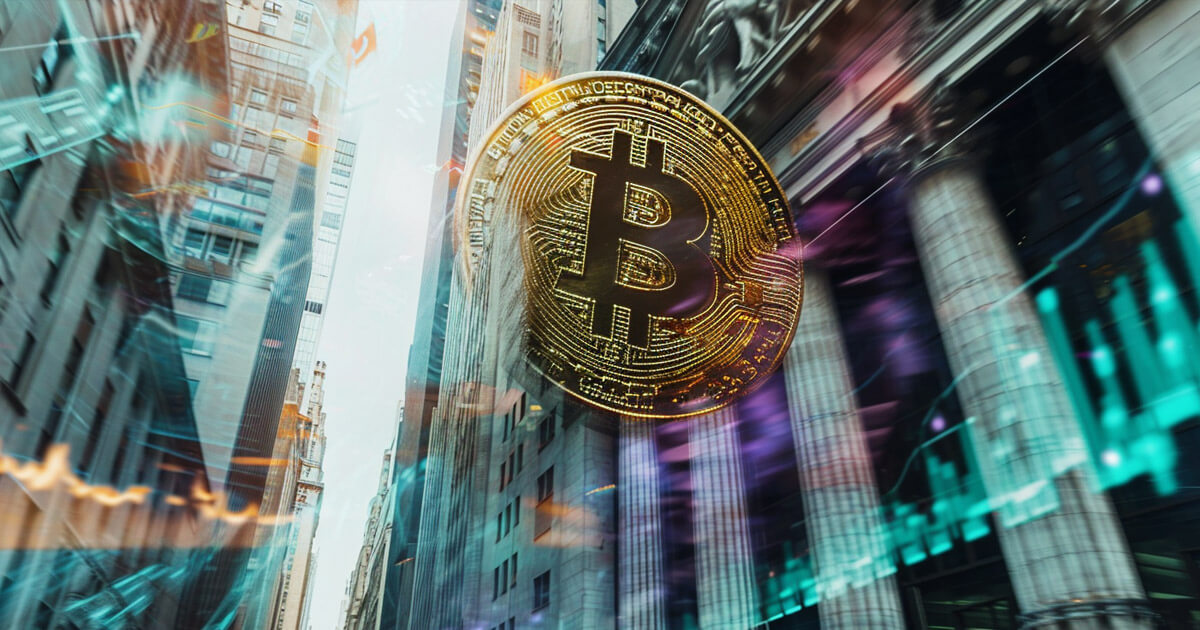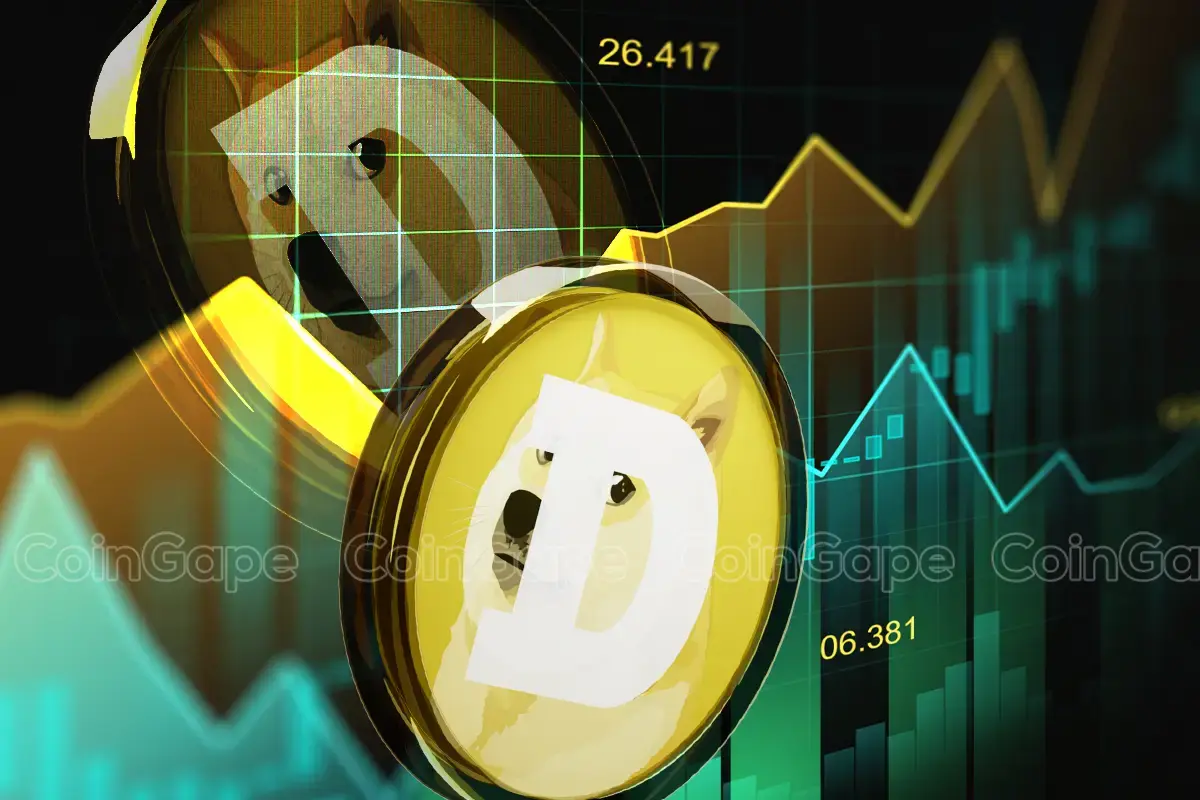Oops, We Did It Again: The Curious Case of Losing Control of Our Currencies
The following is a guest post by Phillip Alexeev, Chief Growth Officer at CrossFi
Over the centuries, the evolution of currency has defined the human experience
From primitive bartering systems to establishing standardized coins and paper money, currencies have been critical in organizing and advancing societies. However, recent decades have seen many areas of the world facing the curious case of losing control of their currencies.
One might wonder how did we lose control of our currencies? The answer is not simple and can be attributed to various factors. With the rise of digital technologies, the idea of a decentralized currency has gained momentum. Cryptocurrencies like Bitcoin have challenged the traditional notion of centralized control over money.
As governments and financial institutions struggle to adapt to this new reality, we are witnessing a shift in how currencies operate. The increasing popularity of blockchain technology and smart contracts has opened up new possibilities for peer-to-peer transactions, bypassing traditional banking systems.
While this may sound exciting for some, it also raises concerns about the stability and security of our financial systems. Without proper regulations and oversight, there is a risk of destabilizing the economy and leaving individuals vulnerable to fraud and exploitation.
It is essential for policymakers and industry leaders to come together to address these challenges and find innovative solutions that balance innovation with accountability. The future of currency depends on our ability to adapt and embrace change while also safeguarding the interests of all stakeholders.
How will this affect me?
As an individual, the evolution of currency towards a more decentralized and digital system could mean greater control over your own finances. With the potential for lower transaction fees and faster payment processing, you may experience more convenience and efficiency in your day-to-day transactions.
However, it is also important to be vigilant about the risks associated with this shift. Without the protection of centralized authorities, there is a higher potential for scams and fraud. It is essential to educate yourself about the risks and benefits of these new technologies to make informed decisions about your financial future.
How will this affect the world?
The evolution of currencies towards decentralization and digitalization has the potential to reshape global financial systems. It could promote greater financial inclusion by providing access to banking services for underserved populations. It could also challenge the existing power structures in the financial industry, creating more equitable opportunities for everyone.
However, this shift also comes with risks and challenges. Without proper regulations and oversight, there is a risk of financial instability and market manipulation. It is crucial for policymakers to work together on a global scale to develop frameworks that protect the integrity of financial systems while fostering innovation and growth.
Conclusion
The curious case of losing control of our currencies presents both opportunities and challenges for individuals and the world at large. As we navigate this evolving landscape, it is vital to approach these changes with caution and foresight. By working together to find a balance between innovation and accountability, we can shape a future where currencies serve as a catalyst for progress and prosperity.





